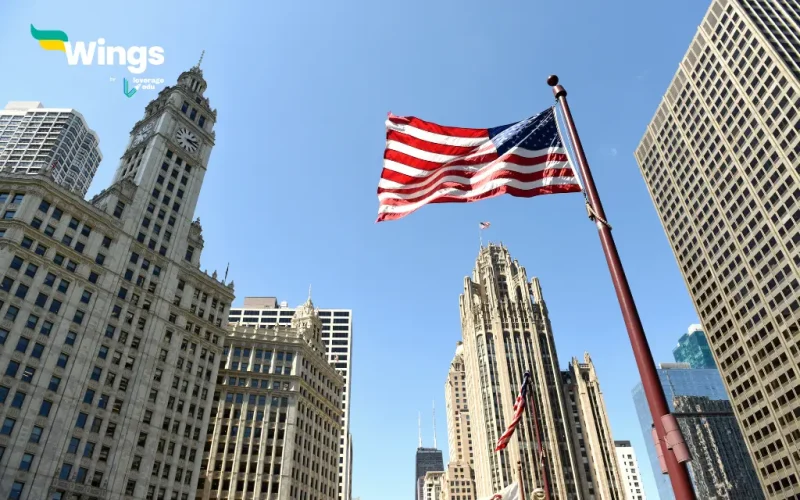The U.S. Department of Homeland Security (DHS) has announced the new H-1B Visa Rules, that has been effective January 17, 2025. These changes aim to improve fairness, transparency, and flexibility in hiring international talent. For F-1 students aspiring to transition to the U.S. workforce, these reforms provide smoother pathways and enhanced opportunities.
This Blog Includes:
Key Updates to the H-1B Visa Program
The recent changes to the H-1B program introduce essential modifications that benefit both employers and applicants.
| Key Change | Impact |
| Redefined Specialty Occupations | Applicants must now hold degrees directly related to their job duties, ensuring better role alignment. |
| Cap-Gap Extension for F-1 Students | F-1 students applying for H-1B visas can now maintain employment and legal status until April 1. |
| Opportunities for Entrepreneurs | Entrepreneurs can apply for H-1B through their start-ups, encouraging innovation. |
| Measures Against Lottery Abuse | Stricter compliance and penalties to prevent bulk applications and ensure fair selection. |
Under the updated rules, applicants’ educational qualifications must align directly with their job roles. This ensures that companies hire individuals with the most relevant expertise, preventing mismatched employment scenarios.
Why You Must Apply for Global Internships Summer 2025?
Streamlined Transition for F-1 Students and Boosting Entrepreneurial Opportunities
A significant relief for international students is the introduction of cap-gap extensions. F-1 students can now continue working lawfully while awaiting H-1B approval, avoiding employment disruptions. This provision provides stability, particularly for students on Optional Practical Training (OPT).
Foreign entrepreneurs benefit greatly from the new rules. They can now obtain H-1B visas through their own start-ups, allowing them to focus on innovation while also contributing to the U.S. economy. Additionally, the rules provide flexibility for entrepreneurs to engage in management roles.

Benefits for Indian Students
To enhance fairness, DHS has implemented strict measures against misuse of the lottery system. Employers submitting multiple bulk applications now face penalties, ensuring that the process remains equitable for all applicants.
Indian students, who make up a significant portion of F-1 visa holders, stand to gain the most from these updates:
- Seamless employment transitions with cap-gap extensions.
- Greater scope for innovation with support for start-ups.
- Assurance of fair opportunities with a refined definition of speciality occupations.
Also Read: Study Abroad in 2025: FEA Scholarships You Can’t Afford to Miss!
The updated H-1B visa rules mark a step toward a more efficient, fair, and student-friendly system. For F-1 students, particularly from India, these changes not only simplify the transition into the U.S. workforce but also encourage entrepreneurship and ensure equitable opportunities.
FAQs
It allows F-1 students applying for H-1B visas to maintain their legal status and work authorization until April 1.
Entrepreneurs can now apply for H-1B visas through their start-ups and manage business operations.
Employers submitting bulk H-1B applications face penalties, ensuring fair lottery participation.
It requires applicants’ educational qualifications to be directly related to their job duties, improving job-role alignment.
For more insights on New H-1B Visa Rules exploring new horizons in international education trends, visit Leverage Edu News Updates.


 One app for all your study abroad needs
One app for all your study abroad needs












 60,000+ students trusted us with their dreams. Take the first step today!
60,000+ students trusted us with their dreams. Take the first step today!